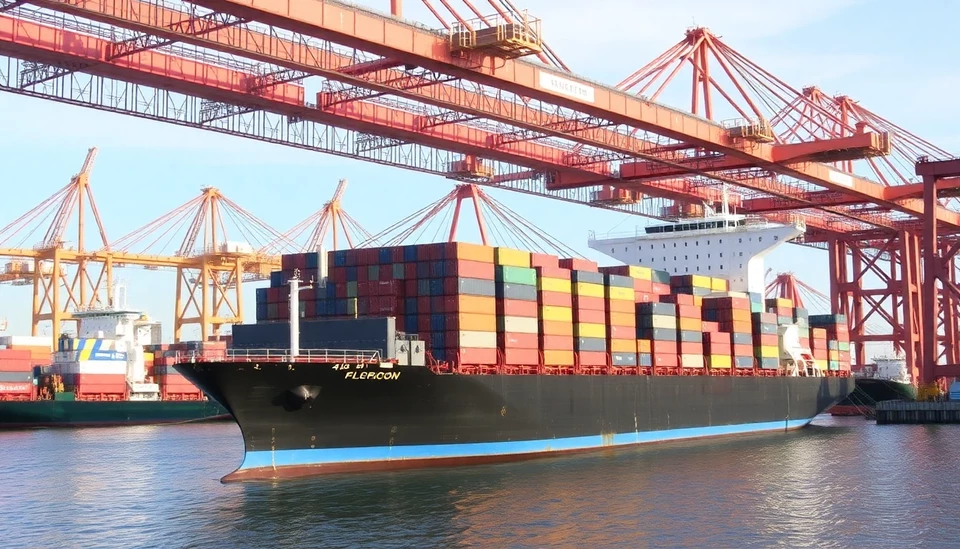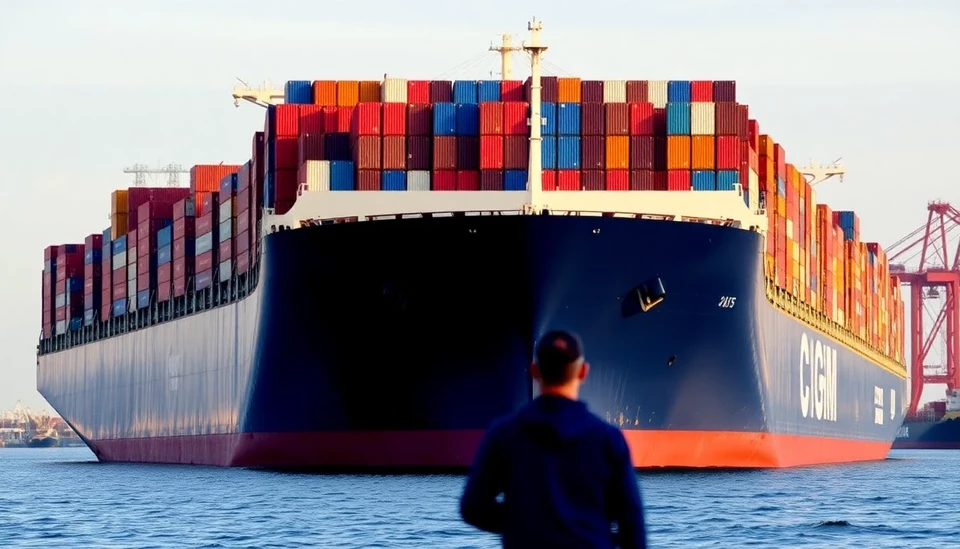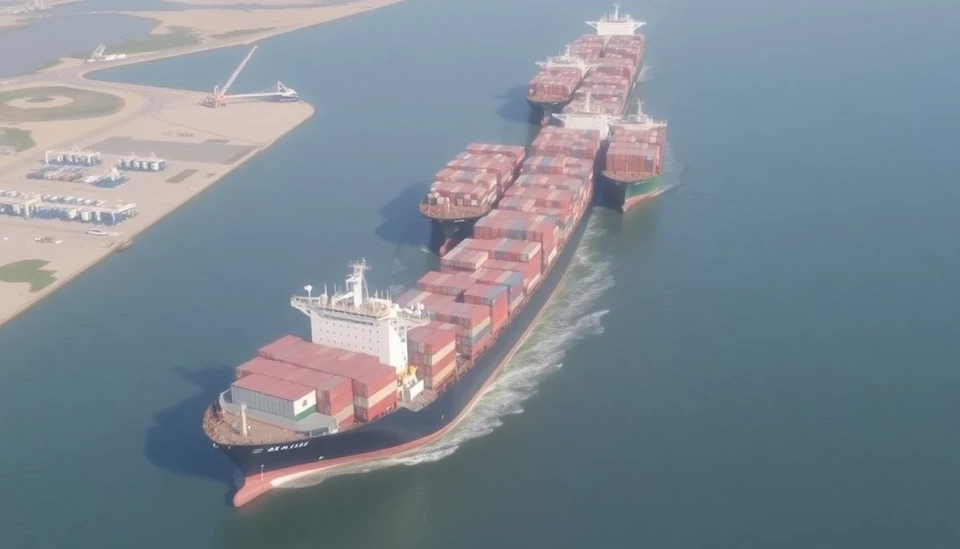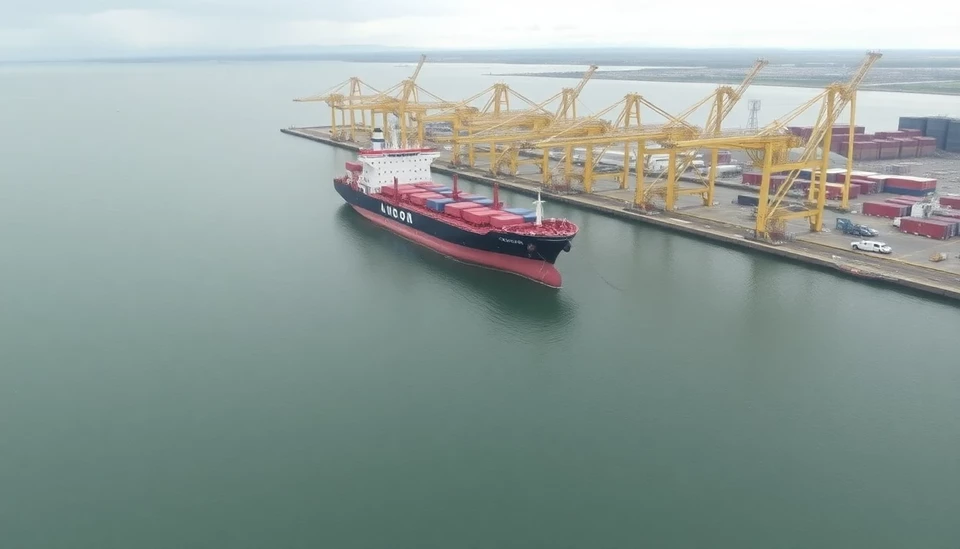
In a strategic pivot, shipowners are reworking their contractual agreements as they react to a newly implemented U.S. tax specifically targeting vessels from China. This decisive move comes in the wake of evolving tariffs and tax regulations aimed at addressing the perceived trade imbalances and unfair competitive conditions affecting the shipping industry.
The U.S. government has laid down a tax framework that emphasizes fairness in international trading practices, which has resulted in significant ramifications for shipowners with fleets that include vessels built in China. With penalties potentially increasing operational costs and diminishing profit margins, shipowners are compelled to reassess their contractual obligations and shipping logistics.
As part of this adjustment process, owners of ships incorporated with Chinese manufacturing are renegotiating terms to mitigate financial risks associated with the new tax. This includes altering charter agreements, shipping rates, and overall operational strategies to align with the modified financial landscape. Such proactive adjustments are deemed necessary to secure competitiveness in a market that is under constant review and scrutiny by regulatory bodies.
Industry experts note that these maneuvers signal a broader trend among global shipowners who are influenced by shifting trade policies and geopolitical tensions. The initiative to revise contracts is not merely a defensive tactic; it serves as a critical step towards ensuring long-term viability in a rapidly changing economic environment.
Additionally, this realignment of contracts reflects ongoing negotiations and dialogues within the shipping industry to address regulatory changes effectively. Stakeholders are also collaborating with legal and trade advisors to better understand the implications of the new tax and to strategize around compliance while enhancing their operational efficiencies.
The repercussions of this tax policy extend beyond mere contractual agreements. The shipping sector is a crucial component of global trade, and alterations in its operations can lead to cascading effects throughout supply chains, impacting everything from cargo delivery timelines to pricing structures of goods. As such, how shipowners adapt will fundamentally shape the dynamics of the global commerce landscape.
The response from shipowners illustrates the intricate balance they must maintain between adhering to regulatory standards and sustaining profitable operations. The discussions surrounding these revisions provide insight into the complexities within maritime trade as external factors continually reshape the industry.
In summary, the U.S. tax on Chinese vessels has prompted shipowners to take immediate actions to adjust their contracts, reflecting adaptive strategies necessary for survival and competitiveness in a rapidly evolving market. As they navigate these changes, it will be crucial for stakeholders to stay attuned to further developments that may arise from this significant regulatory shift.
#ShippingNews #USChinaTrade #MaritimeIndustry #TaxRegulations #Shipowners #EconomicImpact
Author: Samuel Brooks




